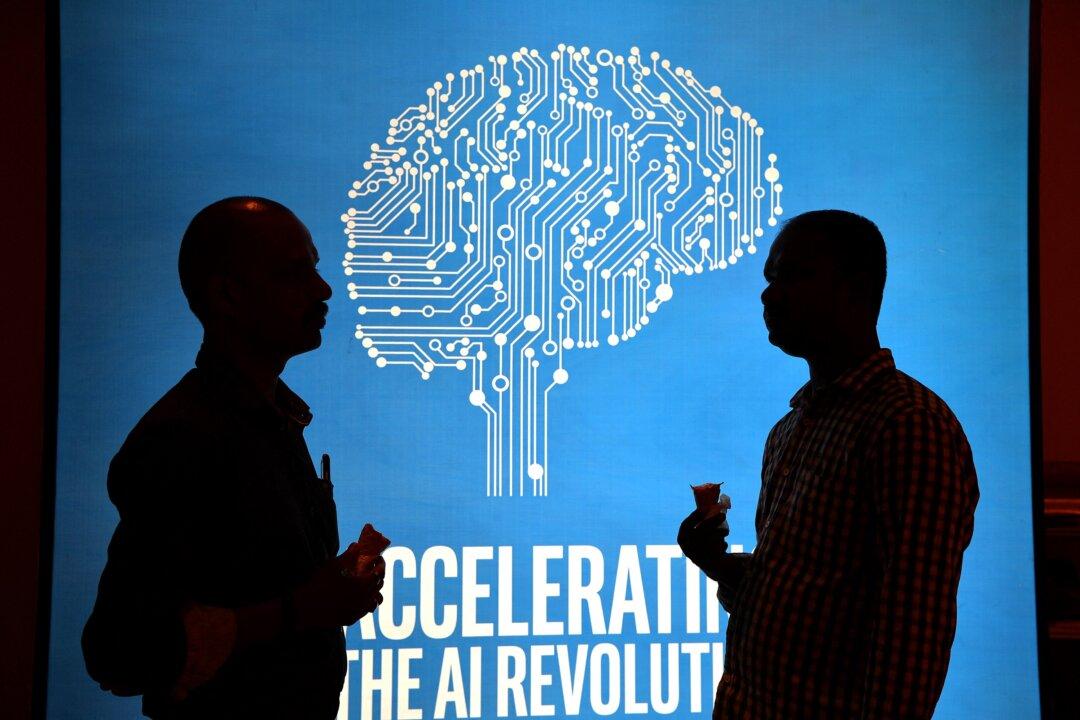 By Matt Bontrager
By Matt Bontrager
You can’t survive in a fast-paced environment without financial management—there is no argument with that. Bookkeeping is the key to surviving that environment. Historically, bookkeeping has been a labor-intensive and time-consuming process.We are going to see a sweeping shift in how our early adopters in this industry leveraged artificial intelligence (AI) effectively: increased specialized roles, brand distinction across the board, and a shift for the better in employee sentiment, to name a few.






